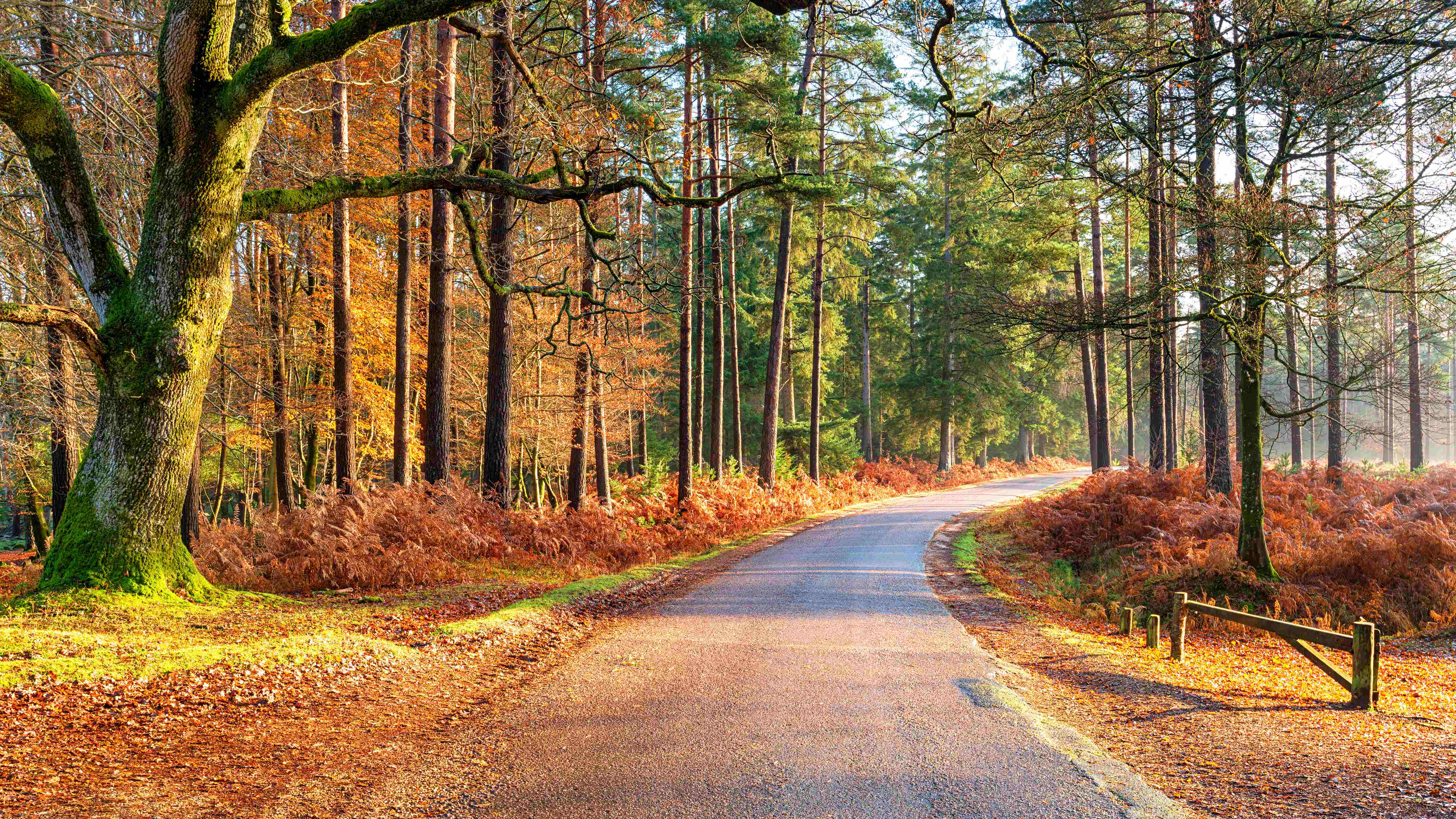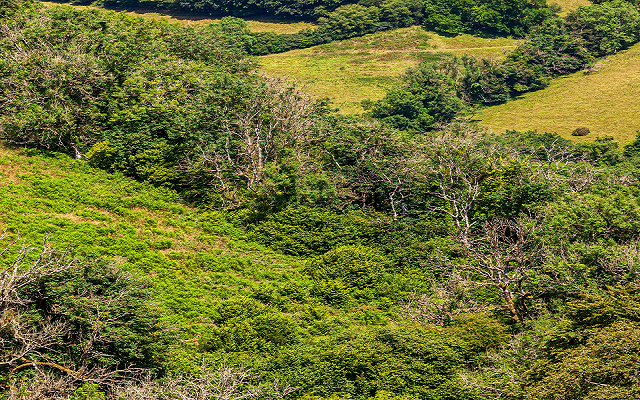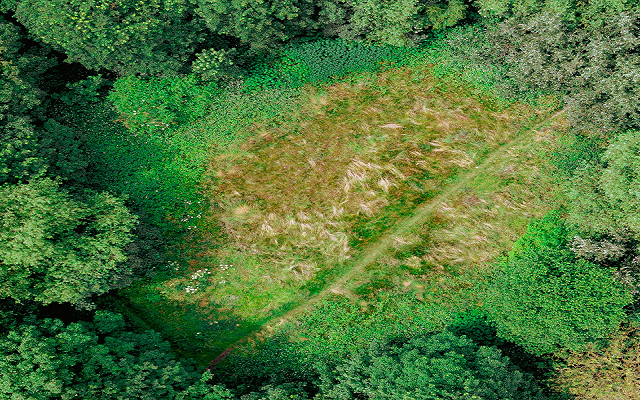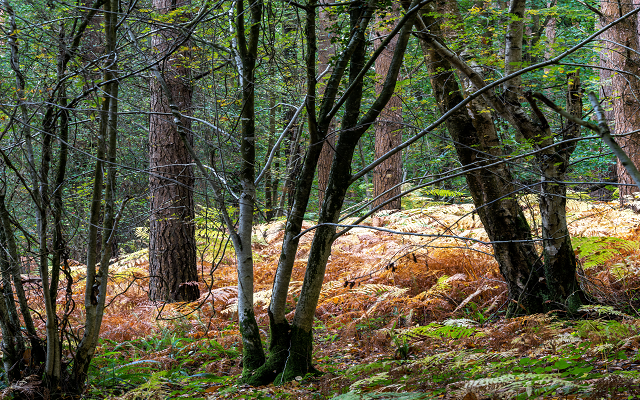Case study: Action to reduce spread of Ips beetle
Strutt and Parker’s Forestry Team in Lewes have been instrumental in supporting a client in Sussex fell vulnerable Spruce trees within their estate at risk of Ips Typographus (Eight Toothed Spruce Bark Beetle).
The block of woodland of some 3.43 hectares has been suffering from windblow over the last few years which has become a problem for the estate. The damaged Spruce trees also make them a likely target for the beetle as the damaged trees give off pheromones that the beetles home in on when performing their flight habits. The beetles bore into the timber and will eventually kill the trees they have used as hosts.
The estate sits within what is known as the Ips Demarcated Zone, which is an area the Forestry Commission has identified as being susceptible to the beetle attack on Spruce. This area restricts the movement and methods of forest operations. Ips is a notifiable pest and the restriction measures put upon Spruce in the demarcated zone are there to try to stop the spread of the beetle into other parts of the country.
The landowner has a duty under Tree Health Regulations to notify the Tree Health Team of the tree felling. This prompts an inspection by a Forestry Commission Ips Officer, who will then issue a ‘consent to fell notice’ if no beetles are found. The landowner is then able to fell trees within the given timeframe of the consent notice. Further dialogue is then required with the Ips Officer to organise a further visit to inspect logs at roadside prior to lorry uplift and a consent issued for the release of logs to the mills. If no beetles have been found on either inspection, then the landowner is free to sell those logs to any interested parties who are registered to accept spruce from the demarcated zone.
We have been successful in securing a grant for the estate to support the harvesting and restocking of the woodland through the Tree Health Pilot Scheme. This is a recent addition to Forestry Commission’s pot of funding and is open to any landowner who has Spruce woodland sitting in the Ips demarcated zone. The woodland is considered on a case-by-case evaluation and has to meet the Forestry Commission’s eligibility scoring. A member of the FC Tree Health Team will perform an inspection and ask the landowner to complete an application form. If successful, the funds will be agreed and can go some way to paying for the services of contractors to fell the Spruce and restore the woodland through restocking.
If you would like to know more about how best to manage woodland against the threat of the Ips beetle contact the team. More information can be found on our Rural Hub: Why woodland owners need to be vigilant for Ips beetle (struttandparker.com)






